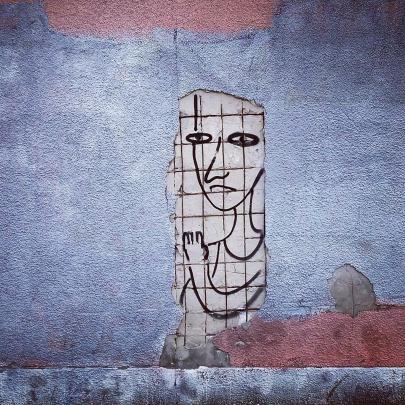Torture Victims' Charity to set up North East Branch
A charity that provides medical, psychological and practical support to victims of torture and other violent human rights abuses such as ethnic cleansing plans to open a regional treatment centre in Newcastle.
The Medical Foundation for the Care of Victims of Torture says its expertise is needed to help refugees and asylum seekers in the North East who have suffered torture in their country of origin.
The charity which has its main treatment centre in London, has assisted nearly 40,000 people since it first opened its doors in 1986. Having already opened offices in the past year in Greater Manchester and Glasgow, it sees this latest expansion as the next step in making its expertise available nation-wide.
The Newcastle centre, which will cover the North East, will cost about £100,000 a year to run. Some of the funding has come from an individual donor who wishes to remain anonymous, while further amounts are now being sought elsewhere, with a view to opening the centre later this year.
The plan was revealed this week at a reception for Medical Foundation supporters at Wallington Hall in Cambo, Northumberland, attended by former Beirut hostage John McCarthy, one of the charity's patrons.
Charity director Malcolm Smart said: "We will consult with local health professionals and other agencies coming into contact with torture survivors to decide how best to focus our services in the region. Depending on demand, the kind of direct help that we could offer includes counselling, and possibly a medico-legal report writing service too, which would enable torture survivors who are seeking asylum to have their injuries documented by an expert doctor. The doctor's findings can then be presented by the victim as evidence in support of his or her asylum claim."
The Medical Foundation has been active in the region for the past four years, helping set up and train a network of more than 90 "front-line" workers who deal with asylum seekers that have been tortured. The "North East Network" includes doctors, lawyers, community workers, counsellors and psychologists.
Emma Williams, the Medical Foundation's regional development co-ordinator, said: "The emphasis will be on providing one or two core services, and training doctors and other health professionals to familiarise them with the special needs of torture survivors.
"Historically, the region has not had a significant multicultural population and the arrival of more than 7,000 asylum seekers has therefore posed a significant challenge for existing services and communities.
"We have worked with a broad range of services, and the region's capacity to meet the needs of survivors of torture has developed rapidly and impressively. Primary care services are excellent, many clinical workers are skilled in writing medico-legal reports, there are emerging refugee community projects and the statutory mental health services are now working with some torture survivors.
"A Medical Foundation office based in Newcastle would be able to build on the good work already started by the members of the North East Network. Consultations with this group have confirmed that it would enhance the development of other services and also meet the needs of torture survivors who require the Medical Foundation's unique services. In addition, a recent report commissioned by Newcastle Health Partnership, "An Exploration of the Mental Health Needs of Asylum Seekers in Newcastle", identified the need for both specialist services for survivors of torture and for the existing services to work closely with the Medical Foundation."
The Medical Foundation for the Care of Victims of Torture is the only organisation in Britain dedicated solely to helping victims of torture and organised violence. Clients include former British servicemen who were prisoners of the Japanese in World War Two, refugees who were tortured in South America in the 1970s, and torture survivors fleeing today's conflicts.
Most of those the Medical Foundation helps are adults, but sadly it is also called upon to treat children who have either suffered torture themselves, or have witnessed acts of extreme violence against members of their families.
In London the range of free services provided by some 400 paid and voluntary staff, full and part-time, include:
- Medical, psychiatric and psychological assessment and treatment
- Rehabilitation, both short and long term, through social care, casework and counselling, psychotherapy, physiotherapy and a range of other complementary treatments including osteopathy, reflexology - and even gardening
- Forensic medical reports to document allegations of torture
- Legal advice in furtherance of applications for asylum for torture survivors
- Practical assistance over matters such as housing, benefit advice and education.
Most of the foundation's work is focused on survivors of torture living in this country, although it does run projects further afield in Guatemala, Mexico, Somaliland and Israel, Gaza and the Occupied Territories.






